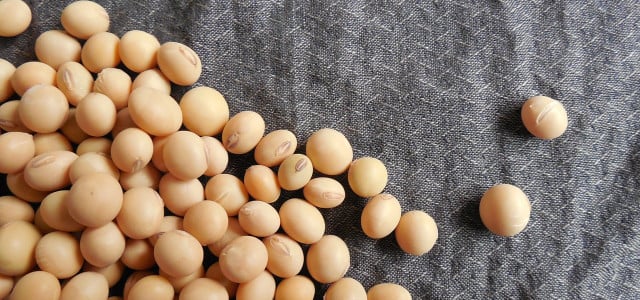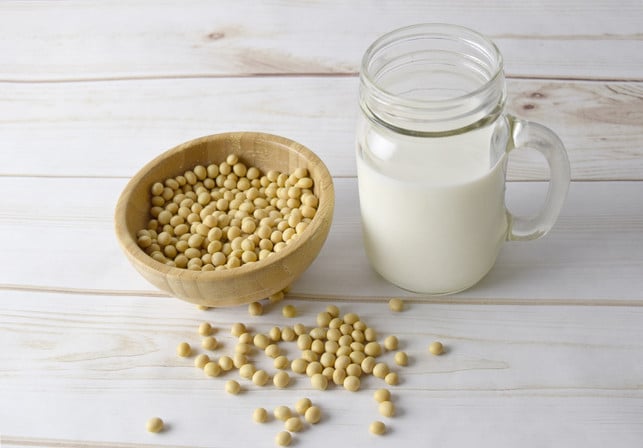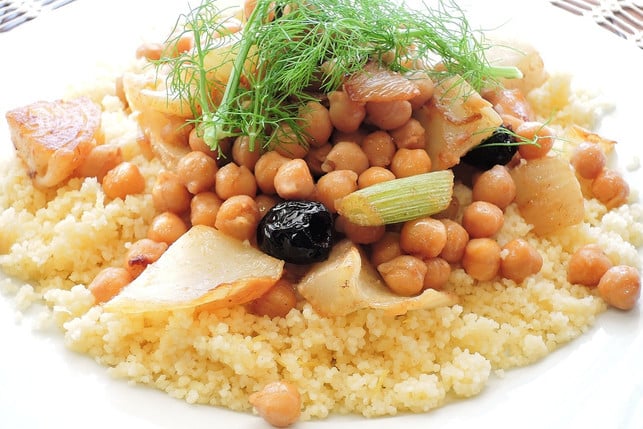
Isoflavone should help with symptoms in menopause and possibly prevent some types of cancer. Here you will learn more about the popular nutritional supplement.
If you are in the menopause, Isoflavone may have met you before. Allegedly, they should alleviate symptoms during menopause. The symptoms occur because the body begins to reduce estrogen production. At this point, isoflavone should help: they have a similar structure as estrogen and can therefore partially take on its functions.
Specifically, these so -called phytoestrogens in menopause should help primarily against hot flashes. They should also be effective against common diseases such as cardiovascular diseases and even some types of cancer.
Of course, isoflavone that belong to the secondary plant substances, for example in some types of clover and in soy. The nutritional supplements are usually also made from these plants. We clarify you about what is really about the alleged positive properties of the Isoflavone.
This is how isoflavone should work – and that has been proven

With its hormone -active effect, isoflavone should not only help against complaints in menopause, but also reduce the risks for the following diseases:
- osteoporosis
- Cardiovascular diseases
- Some types of cancer, for example prostate or breast cancer
Scientists have come up with this idea, among other things, because these symptoms occur less frequently in the Asian region – i.e. where people eat a lot of soy above average. According to a current publication, however, there is still a lot of ambiguity in research despite the ongoing popularity of the topic about the actual health advantages of isoflavone and any risks.
Risks and side effects of isoflavons

There are as many unexplained questions about the side effects and possible dangers of isoflavons as about their positive effects. While one studies asoflavons attribute a preventive effect against some types of cancer, others are discussed whether the same substances could not even increase the risks for other types of cancer.
The European Food Safety Authority (EFSA) classifies the Isoflavon doses in the offered food supplements for women after menopause as harmless. For women who are in menopause, EFSA cannot make any safe statements. The Federal Institute for Risk Assessment follows this presentation and recommends that under no circumstances exceed the recommended daily dose.
If you want to take Isoflavone, you should also deny this project. This applies in particular
- If you take thyroxine due to thyroid problems.
- If the risk of developing breast cancer is increased due to hereditary.
- if you suffer from a soy allergy.
In the end, you can also benefit from the possible positive effects of the isoflavone if you eat soy products or chickpeas regularly. They taste better than pills or capsules and provide you with a whole range of healthy vitamins and minerals.
Revised by Jennifer Watzek
Read more on utopia.de:
- Grape silver candle: Effect for menopause and PMS
- Vitamin B12 preparations for ÖKO-Test: most expensive preparation “insufficient”
- Is soy sauce healthy? You need to know that to the Asian seasoning
** marked with ** or orange underlined Links to sources of supply are partially partner links: If you buy here, you will actively support Techzle\.com, because we will then receive a small part of the sales proceeds. More information.